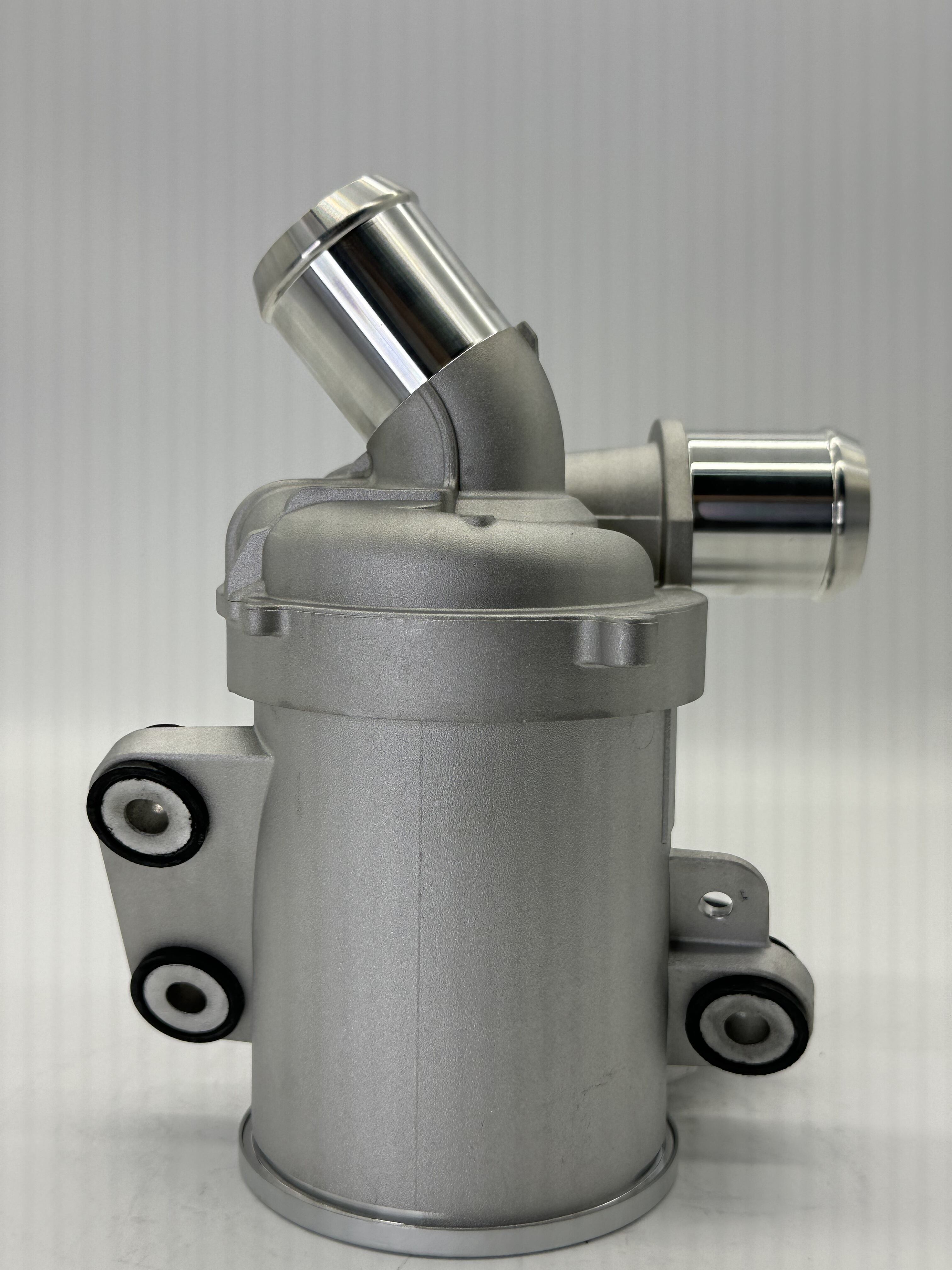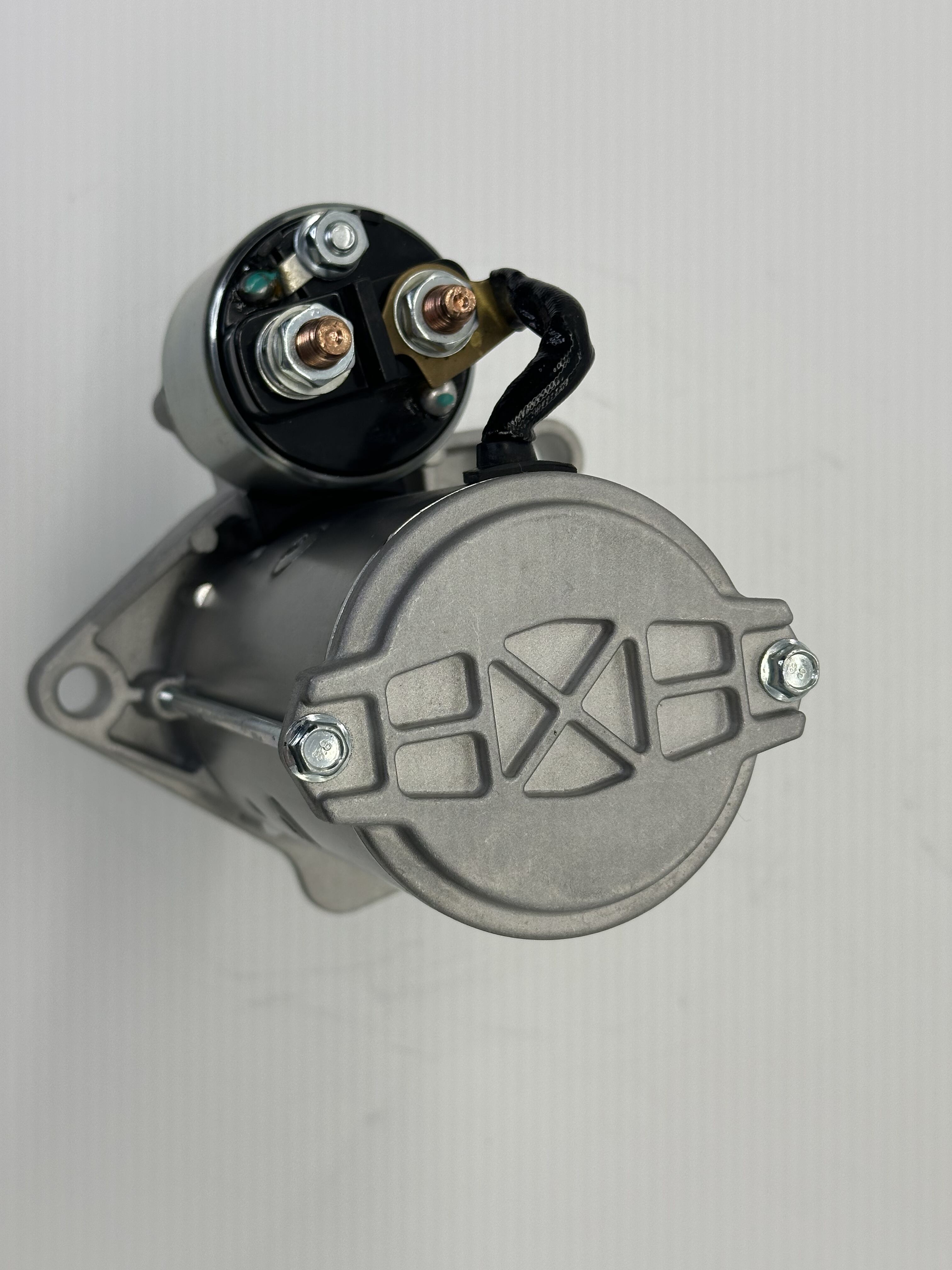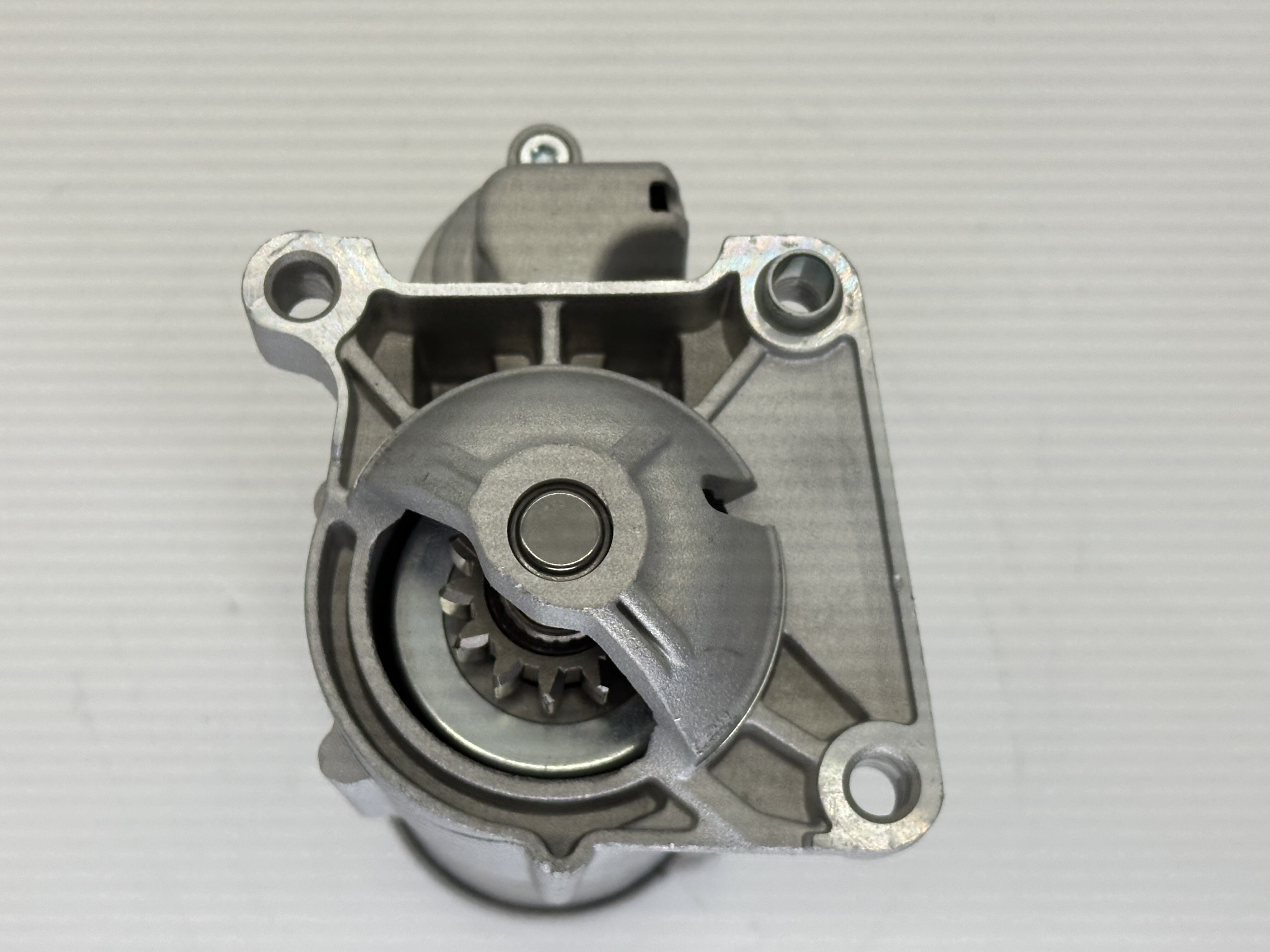quality car oil sensor
A quality car oil sensor is an essential component in modern vehicle maintenance systems, designed to monitor and evaluate engine oil conditions in real-time. This sophisticated device integrates advanced sensing technology to measure critical parameters including oil level, temperature, pressure, and quality degradation. The sensor utilizes electromagnetic conductivity measurements to assess oil condition, while precision pressure transducers monitor oil pressure throughout the engine system. Modern oil sensors incorporate temperature-resistant materials and robust housing designs that ensure reliable operation under extreme engine conditions, ranging from sub-zero temperatures to over 150 degrees Celsius. The sensor communicates continuously with the vehicle's engine control unit (ECU), providing instant feedback about oil status through the dashboard display. This enables drivers to maintain optimal engine performance and prevent potential damage through timely oil changes. The technology employs multiple sensing elements working in concert to deliver comprehensive oil monitoring, including contamination detection and viscosity analysis. These sensors are carefully calibrated to meet manufacturer specifications and are designed to maintain accuracy throughout the vehicle's operational lifetime.


